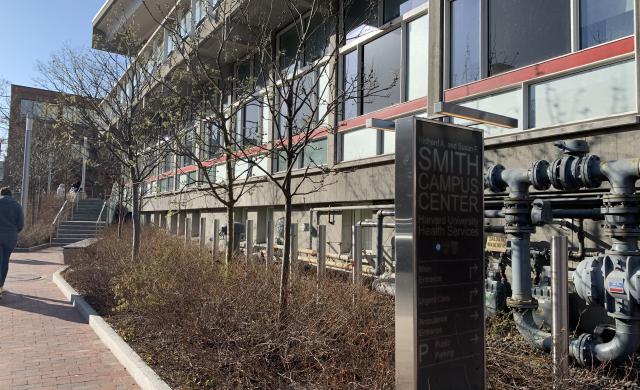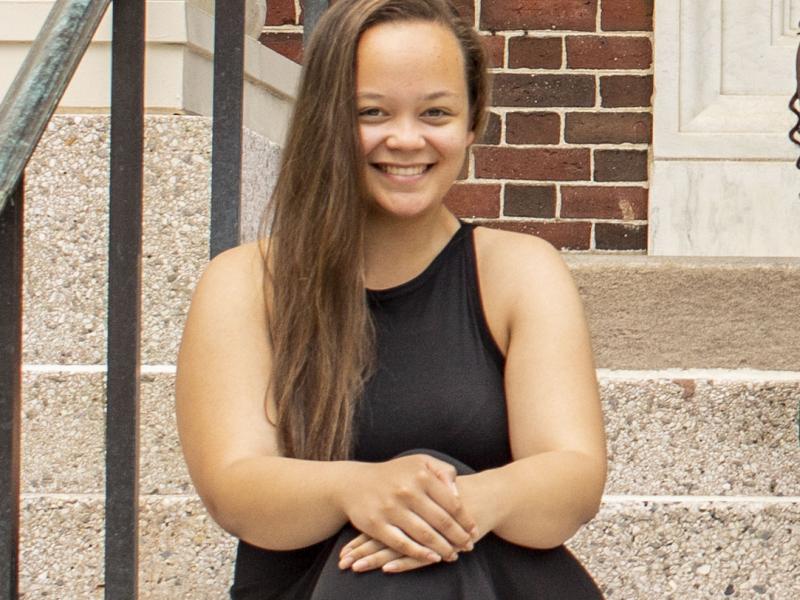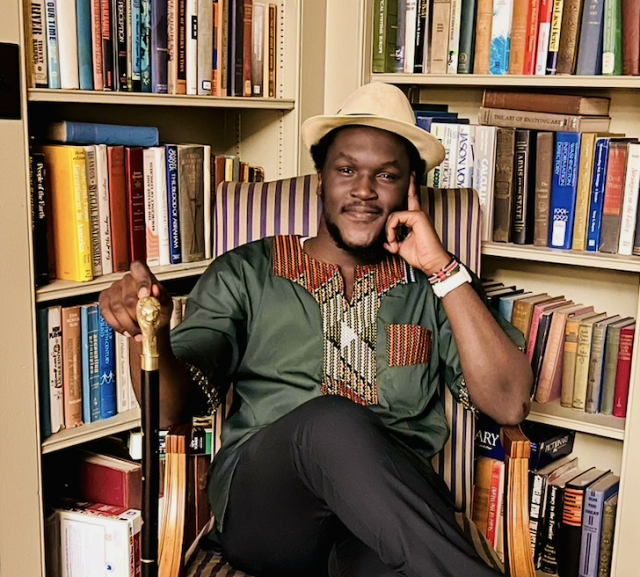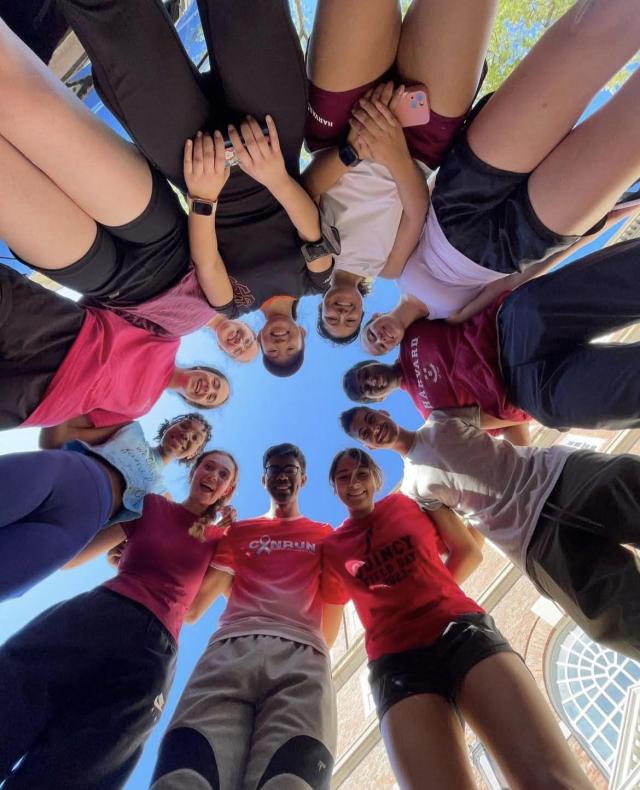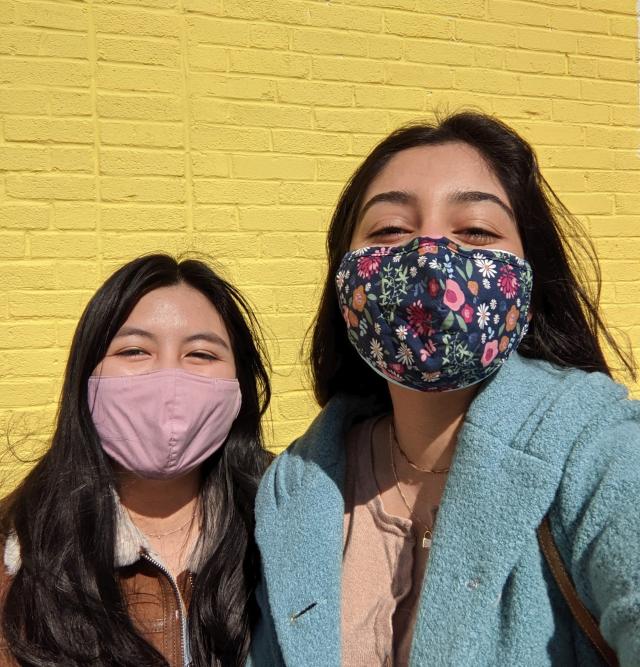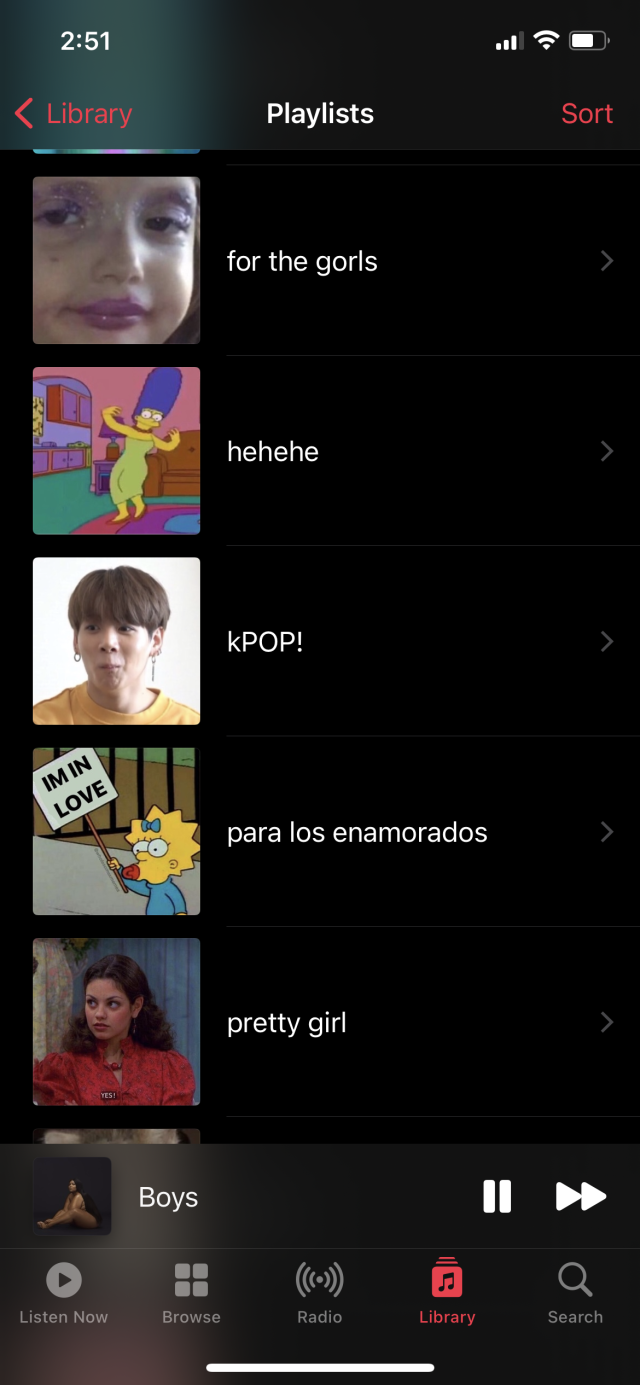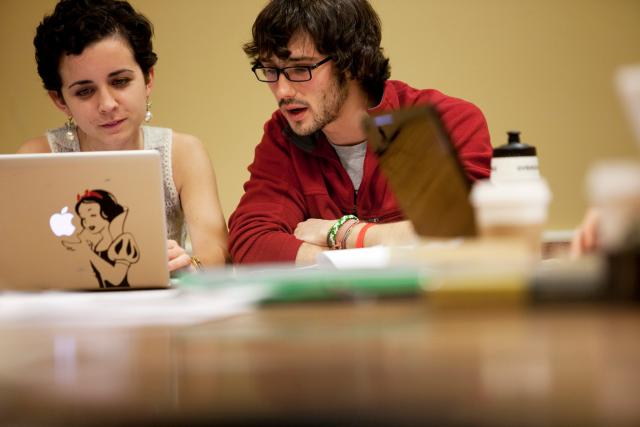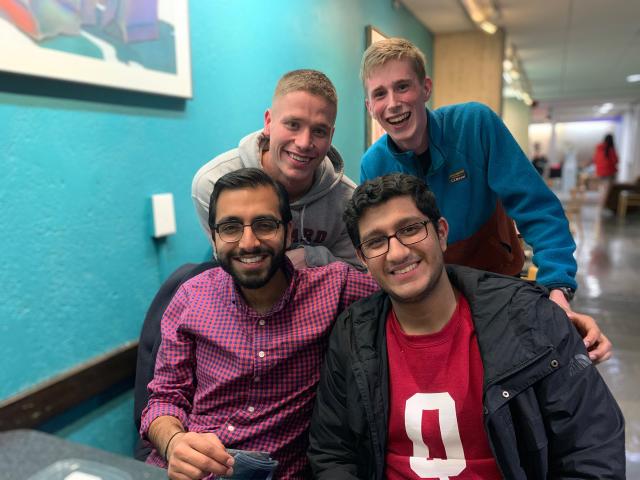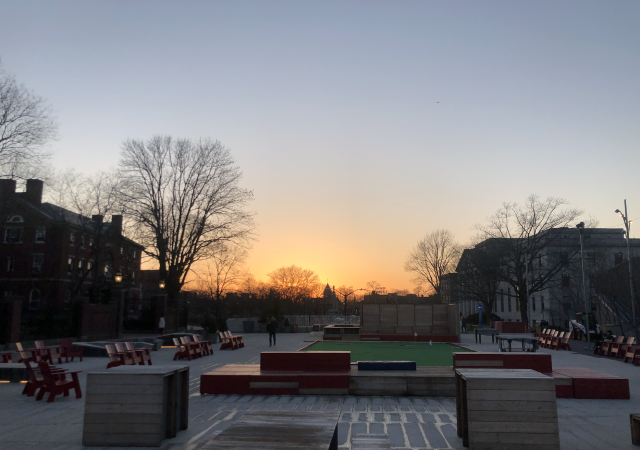Handling medical conditions, whether they be chronic, temporary, or sudden, can be life-changing and difficult ordeals at any point in life. Harvard has many mechanisms in place to help students facing these issues.
It is not something that you should face alone and reaching out for help is always the first step you should take. Today I wanted to share some of my own medical journey, and I will highlight the steps I took through Harvard that helped me a lot --- but also steps I should have taken and steps I would encourage any student facing medical issues to take.
I was diagnosed with an ankle condition September of my first year at Harvard. I do not think there could be a more inconvenient time to be diagnosed with a new medical condition, especially one that will limit your mobility. I woke up and my foot was swollen; after my first lecture, the pain was telling me I should get my ankle checked out.
I decided to go to Urgent Care at HUHS (Harvard University Health Services) instead of the urgent care center in Boston I would go to while living at home. For students not on Harvard health insurance, it is important to note that the Student Health Fee covers your ability to go to urgent care at HUHS. Going to HUHS made it easier to streamline my urgent care needs at that moment and let me stay close to my dorm.
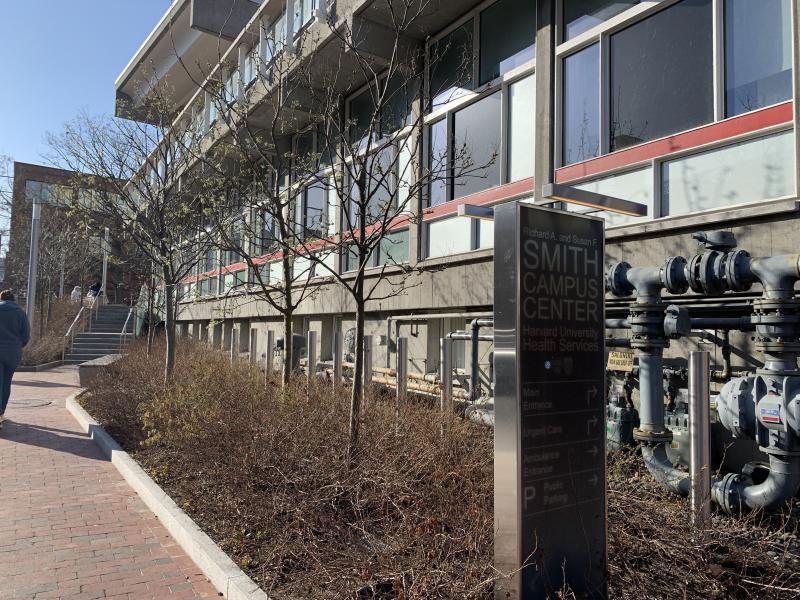
Mt. Auburn Street Side of Harvard University Health Services/Smith Center Perrin Price
Over the next couple months I saw a lot of providers, and I finally saw a specialist who told me I needed surgery. I remember the feeling I had when he told me. In that moment, I did not fear the procedure itself; rather, I feared it would dismantle my semester. Luckily, I was able to push the surgery until winter break, and I was fortunate to be able to walk until then.
I got my surgery over winter break and moved back into my dorm for the spring semester while still being unable to walk. I was very apprehensive about what life would be like. How would I get up the stairs into Annenberg? What if it takes me longer than 15 minutes to get to my next class? The first step I took was letting my professors know about my situation. This way, they were able to accommodate me. I told them that I may be a few minutes late to class and that I would not be able to stand for extended periods. Fortunately, I was able to navigate this situation on my own, but this is where if I could go back in time and change my choices, I would. I should have reached out to the Accessible Education Office (AEO) to help me coordinate my needs. The AEO helps students with all types of situations. I thought that reaching out would not be helpful, but I have since learned that I was very wrong. The AEO works with students who have temporary disabilities as well as students who need long-term accommodations. I am currently working with the AEO as I plan for my third surgery, and even though I am studying remotely from home this semester, it has been immensely helpful.
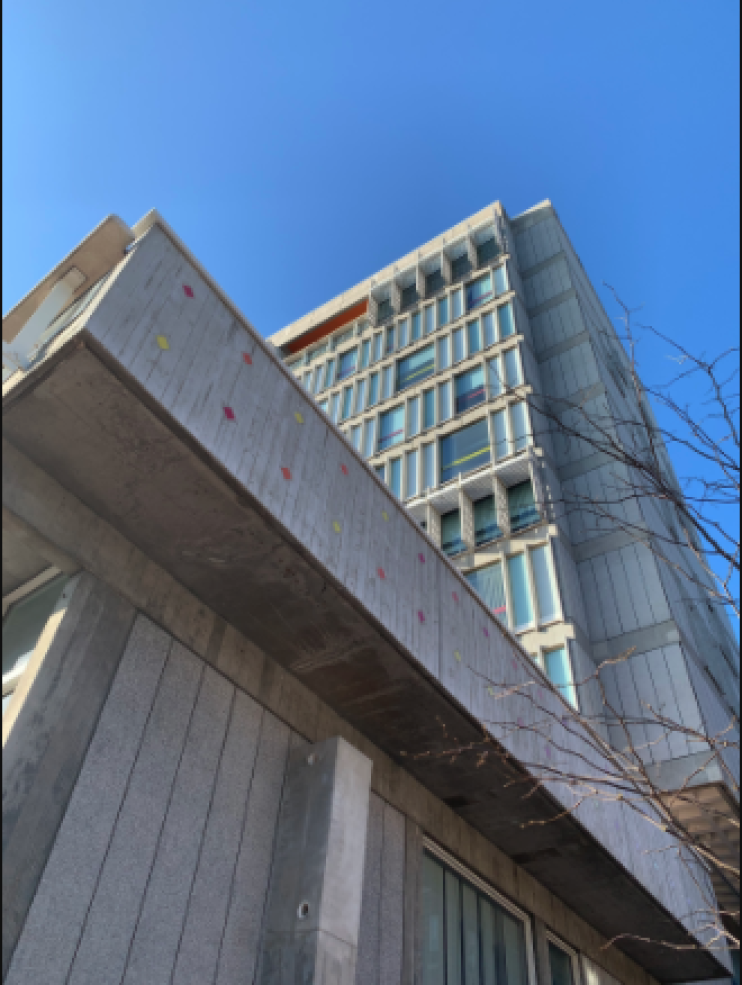
The Smith Center, where Harvard University Health Services (HUHS) are located.
Perrin Pierce
Harvard has accessible housing available for students who need it. This includes access to elevators and accessible dorms (ADA-compliant hallways and bathrooms). Harvard also has a van service for students who need help getting around campus, and it works through an app where you can simply call a ride when you need it!
The bottom line is if you need help regarding your health, Harvard will help you get it. Whether it be directly from Harvard or through outpatient services, if you ask, you will get the help you need. I think it is important to remember that asking for help does not mean you are weak in any way. As Harvard students, I feel like we sometimes think that we always have to have everything together and be able to handle things on our own, but the truth is, we are only human. After my first surgery, I spent six weeks unable to walk, and needing help frustrated me very quickly, but when someone helps you, you are not burdening them.
This is not an exhaustive list of all the resources here at Harvard; for example, there are many resources for mental health, including CAMHS and peer counseling. This is just part of my own journey, which is ongoing, and I hope that hearing about it may help you feel more comfortable about getting help for your health needs if you need it here at Harvard.

